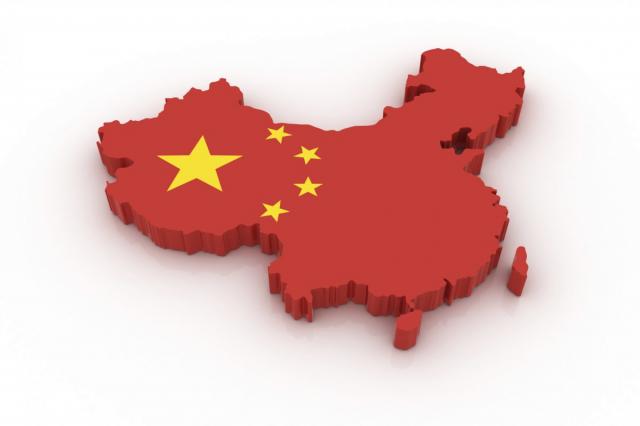According to the Wall Street Journal, China will be lifting a ban that has been in place since the year 2000 on the sale of video game consoles in the mainland. The Chinese demographic has been a huge part of the PC market, so why have consoles been targeted with legislation? According to a Kotaku report from 2010, “The government thought that was the best way to protect Chinese youth from wasting their minds on video games, after a parental outcry.” Despite this, what essentially amount to emulators disguised as plug n’ play controllers have still made their way into the country as an alternative.
In January of 2014, China had begun to roll back on this ban by allowing foreign companies to sell their gaming consoles in Shanghai. But even before this, Niko Partners had conducted market research into the illegal gaming markets in China and had discovered that consoles that had been modded to run pirated versions of games were already very common. The edict issued by the government, it would seem, did very little to stop those who truly wanted a home console, and it turned out that the illegal markets allowed for lower prices that were more accommodating to a less wealthy mainland populace.
The question thus becomes, will mainland Chinese gamers (who don’t have as much disposable income) continue to purchase the cheaper, pirated versions of their favorite games, or will the big three (Nintendo, Microsoft and Sony) be able to use online sales and networks to counter the physical markets and legitimize the current gaming market in China. With such a large chunk of the population now becoming potential customers, the first reaction would be to imagine a gold mine. But piracy and other issues will be large obstacles to clear before that money begins to flow into the coffers.


